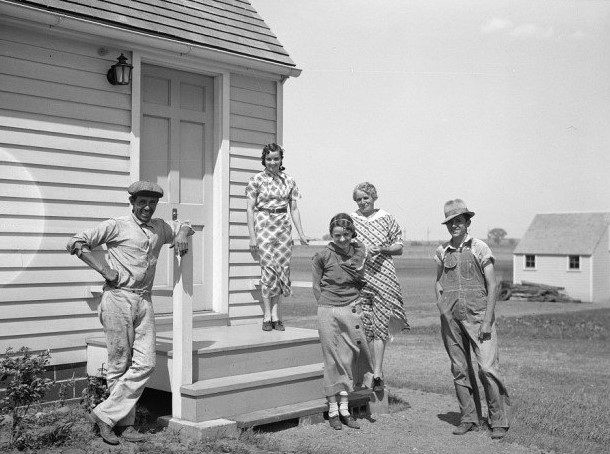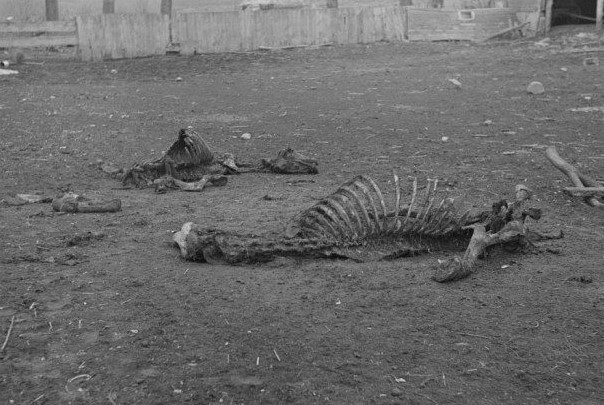Time Like a Furrow: Essays
Time Like a Furrow: Community During the Progressive Era and Great Depression
Time Like A Furrow is a collection of essays written by James Hearst. While Hearst is famous for his poetry on farming, these essays focused more on the people he grew up with on the farm and rural life in the era before mechanized farming. Ten separate poems are scattered throughout the book giving the essays more emphasis. The essays are divided into four diverse sections: People, Rural Childhood, Chores and Horses and Men.
 "People" is a collection focusing on the community such as the church and the farmers. "Rural Childhood" spotlights the era just after the turn of the century and before World War I. "Chores" refers to individual duties around the farm such as wood gathering. "Horses and Men" specifies the beginning of industrial agricultural, and how owning horses was not longer a necessary commodity.
"People" is a collection focusing on the community such as the church and the farmers. "Rural Childhood" spotlights the era just after the turn of the century and before World War I. "Chores" refers to individual duties around the farm such as wood gathering. "Horses and Men" specifies the beginning of industrial agricultural, and how owning horses was not longer a necessary commodity.
Time Like A Furrow is available to read online for free.
The feature essay on this webpage is “We All Worked Together.”
Most Americans know that the 1920’s is termed the “Roaring 20’s”. That is the perspective given from the larger cities on the eastern coast. However, the depression started earlier in the more rural states.
Hearst wrote, “A little over ten years before, just after World War I, farm prices took a nose dive while city full whooped it up on the stock market. Even our own banker said, ‘farmers would stay at home and tend to business and stop complaining, they’d be all right.”
 If only it was that simple. Farming was more difficult after the Great War because the supply from farms far exceeded the demand, especially during the “Great Depression.” Iowa experienced a period of three years of terrible famine from 1934-1936. Turning a profit wasn’t even an option. As the title “We All Worked Together” suggests, all of the farmers worked as a team in order for everyone in the community to survive. This essay reaffirms Hearst’s desire to show the best of human nature in what appeared to be the worst of times.
If only it was that simple. Farming was more difficult after the Great War because the supply from farms far exceeded the demand, especially during the “Great Depression.” Iowa experienced a period of three years of terrible famine from 1934-1936. Turning a profit wasn’t even an option. As the title “We All Worked Together” suggests, all of the farmers worked as a team in order for everyone in the community to survive. This essay reaffirms Hearst’s desire to show the best of human nature in what appeared to be the worst of times.
Our glances met as glances meet
And sharp as salt was my surprise,
I saw as I went down the street
A man with want-ads in his eyes.
For Sale he offered to my sight
Without the usual signboard’s flash
A man’s bewilderment and fright
Can mark down cheap when prices crash . . .
The factory quiet as a rock
And all around the heavy smell
Of men locked out as surplus stock—
His eyes like posters told it well.
And though his gestures still were staunch
With every glance his eyes returned
A man with no more ships to launch
With no more bridges to be burned.
Hearst, James. Time like a Furrow : Essays. Iowa State Historical Dept., Division of the State Historical Society, 1981.
